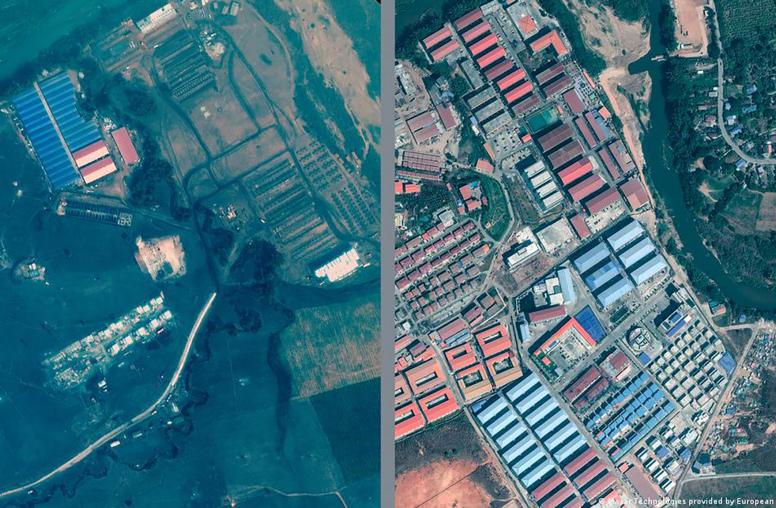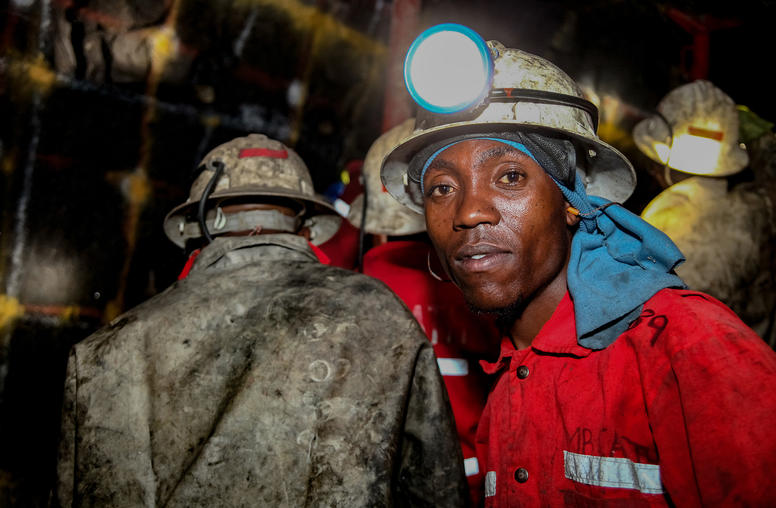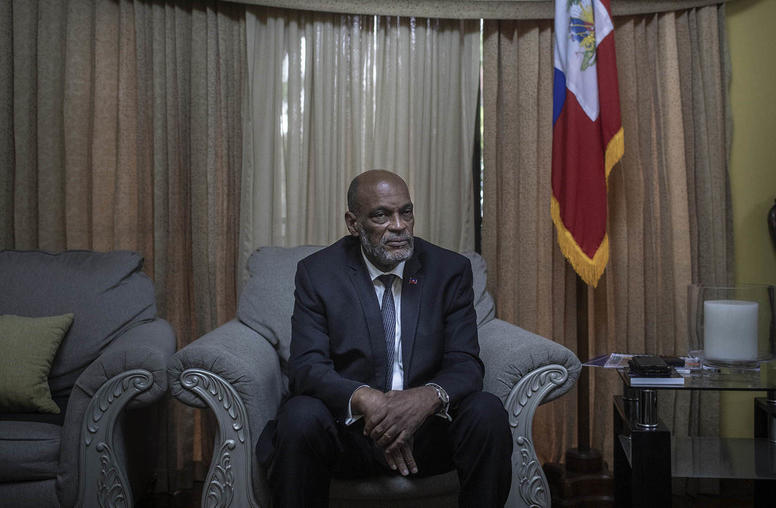 Global Policy
Global Policy
The U.S. Institute of Peace convenes officials and policy experts, influences high-level debates, and works with other institutions, government and civil society groups to discuss and develop better strategies that will prevent, mitigate or resolve violent conflict. Among the institute’s global policy priorities are the problem of fragility—when a state is vulnerable to violent conflict because government is unwilling or unable to address its citizens’ needs—and the need to better connect humanitarian relief, security sector assistance, political action and longer-term development aid.
Featured Publications

China’s Edge in the Pacific Islands: Xi Jinping Makes Time for Leaders
If the U.S. government wants an edge over China in the Pacific Islands, it needs to facilitate more meetings between the president of the United States and regional leaders, preferably one-on-one. When Pacific Island leaders fly to Beijing, they often have a one-on-one meeting with Chinese President Xi Jinping, but such a meeting between the leader of a Pacific Island country and a sitting president of the United States has never taken place. The White House has only conducted joint meetings with Pacific Island leaders. Sometimes even joint meetings don’t make the cut.

Why the Pacific Islands Is Seeing a Rise in ‘Defense Diplomacy’
As strategic rivalry between China and the United States has intensified in recent years, the Pacific Island region has become a key arena for this geopolitical competition. Pacific Island countries are receiving more bilateral visits, new diplomatic missions, increased media attention and offers of development and security assistance from a greater number of states outside the region than ever before.

Transnational Crime in Southeast Asia: A Growing Threat to Global Peace and Security
Organized crime is a significant driver of conflict globally. It preys on weak governance, slack law enforcement, and inadequate regulation. It tears at the fabric of societies by empowering and enriching armed actors and fueling violent conflict. In Asia, criminal groups prop up corrupt and dangerous regimes from Myanmar to North Korea, posing a direct threat to regional stability.
Current Projects

Transnational Organized Crime in Southeast Asia
Over the past decade, Southeast Asia has become a major breeding ground for transnational criminal networks emanating from China. USIP assembled a senior study group to assess one of the most pernicious aspects of such criminality: rapidly spreading, industrial-scale scam compounds that rely on forced labor lured from around the world. The senior study group convened four meetings to share research and information on the trends, dimensions and character of the criminal networks operating the scam compounds and developed recommendations for countering their malign effects.

Critical Minerals in Africa
Often throughout Africa’s history, natural resource exploitation has brought devastating consequences. However, it’s clear that Africa’s critical minerals will be developed regardless of the risks. The question is: How will critical minerals be developed and to whose benefit?

Crisis in Haiti
Analysis of Haiti’s deepening crisis, its implications for regional peace and security, and policy options for the United States to consider.